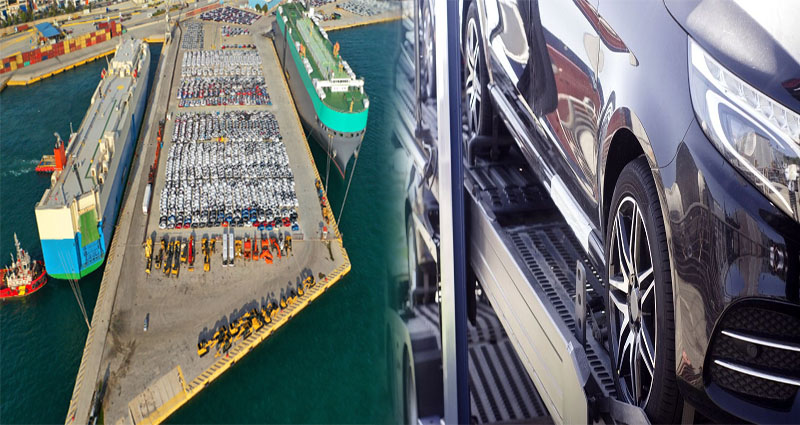Shipping a car internationally involves a complex process that is influenced by various factors. The cost of shipping a car from one country to another can vary significantly depending on a range of factors. Understanding these key factors can help you estimate and manage the expenses associated with international car shipping. Here are some factors that can affect the cost of shipping a car internationally:
1. Distance and Destination
The distance between the origin and destination plays a crucial role in determining the cost of shipping a car internationally. Shipping a car to a nearby country may be less expensive compared to shipping it to a destination that is farther away. Moreover, the specific destination country and city can also impact the cost due to factors such as customs regulations, import tariffs, and availability of shipping routes.
2. Vehicle Size and Weight
The size and weight of the vehicle being shipped are important considerations that can affect the cost of international car shipping. Larger and heavier vehicles may require specialized shipping containers or carriers, leading to higher shipping costs. Additionally, oversized vehicles may incur extra fees or require special handling during transport, contributing to an increase in overall shipping expenses.
3. Shipping Method
There are different shipping methods available for transporting a car internationally, such as roll-on/roll-off (RoRo) shipping and container shipping. RoRo shipping, where vehicles are driven onto a vessel for transport, is generally more cost-effective than container shipping, which offers more protection but comes at a higher cost. The choice of shipping method can impact the overall cost of transporting a car internationally.
4. Insurance Coverage
Insuring your vehicle during international shipping is essential to protect against potential damage or loss during transit. The cost of insurance coverage for shipping a car internationally will vary depending on the value of the vehicle, the shipping route, and the level of coverage selected. It’s important to consider insurance costs when calculating the total expenses of shipping a car overseas.
5. Customs and Documentation
Navigating customs regulations and completing the necessary documentation is a critical part of international car shipping. Import duties, taxes, and other fees imposed by customs authorities can significantly impact the overall cost of shipping a car abroad. It’s essential to be aware of the customs requirements of the destination country and factor in these costs when budgeting for international car shipping.
6. Time of Year and Market Conditions
Market conditions and seasonal variations can also influence the cost of shipping a car internationally. Demand for shipping services, fuel prices, and currency exchange rates can fluctuate, affecting shipping rates and overall costs. Planning the timing of your international car shipment based on market conditions can help you secure more competitive pricing.
By considering these key factors affecting the cost of shipping a car internationally, you can better understand the expenses involved and make informed decisions when transporting your vehicle across borders. Researching reputable shipping companies, comparing quotes, and preparing for potential additional costs can help ensure a smooth and cost-effective international car shipping experience.









